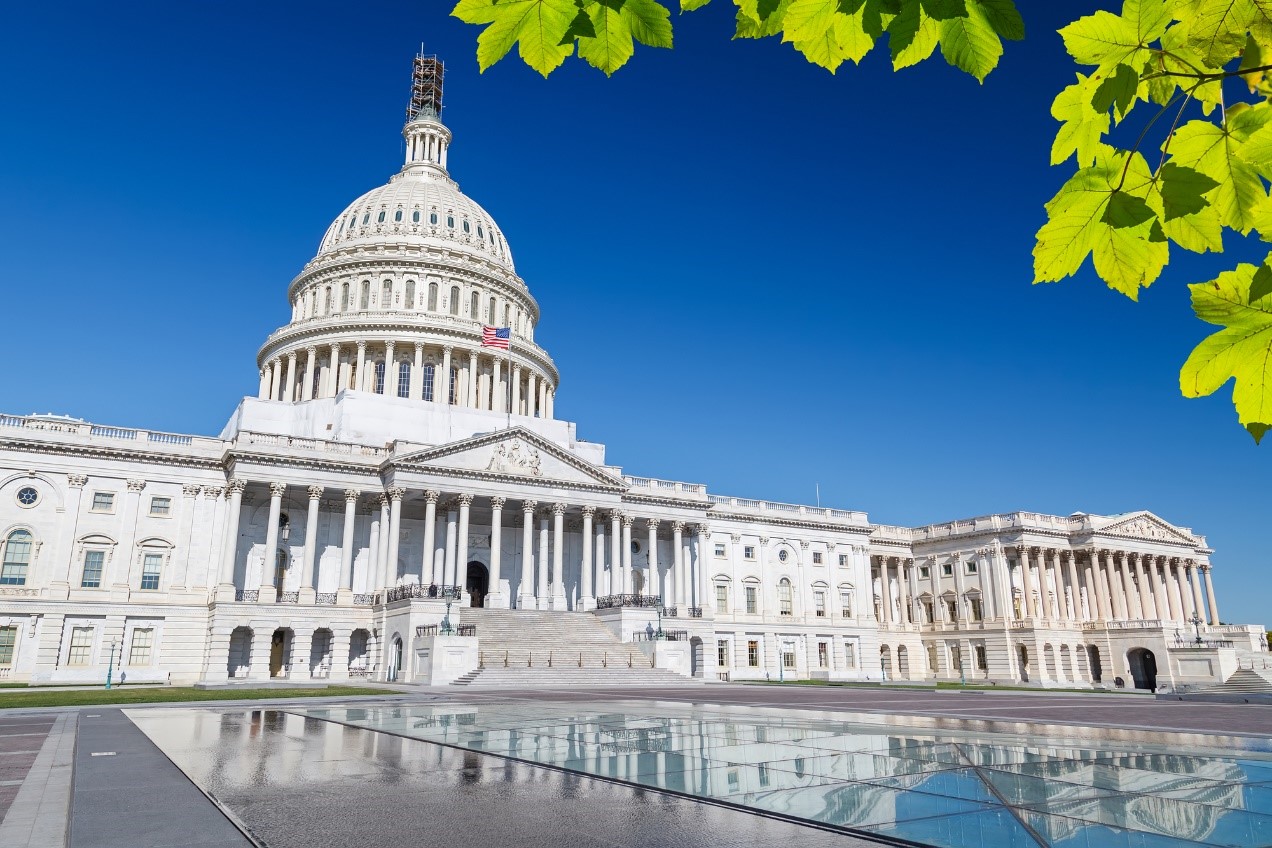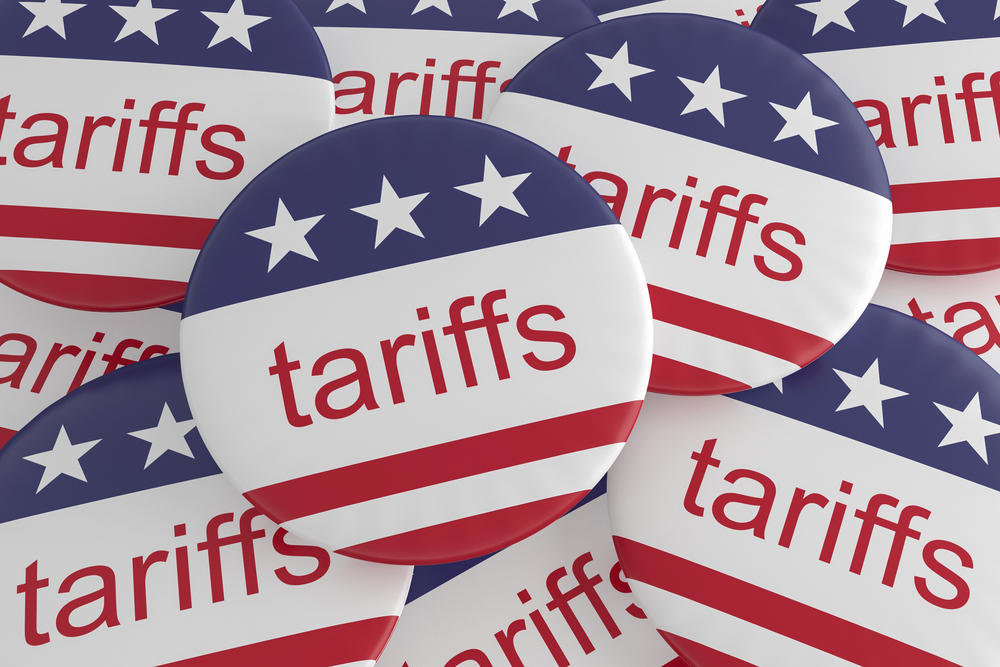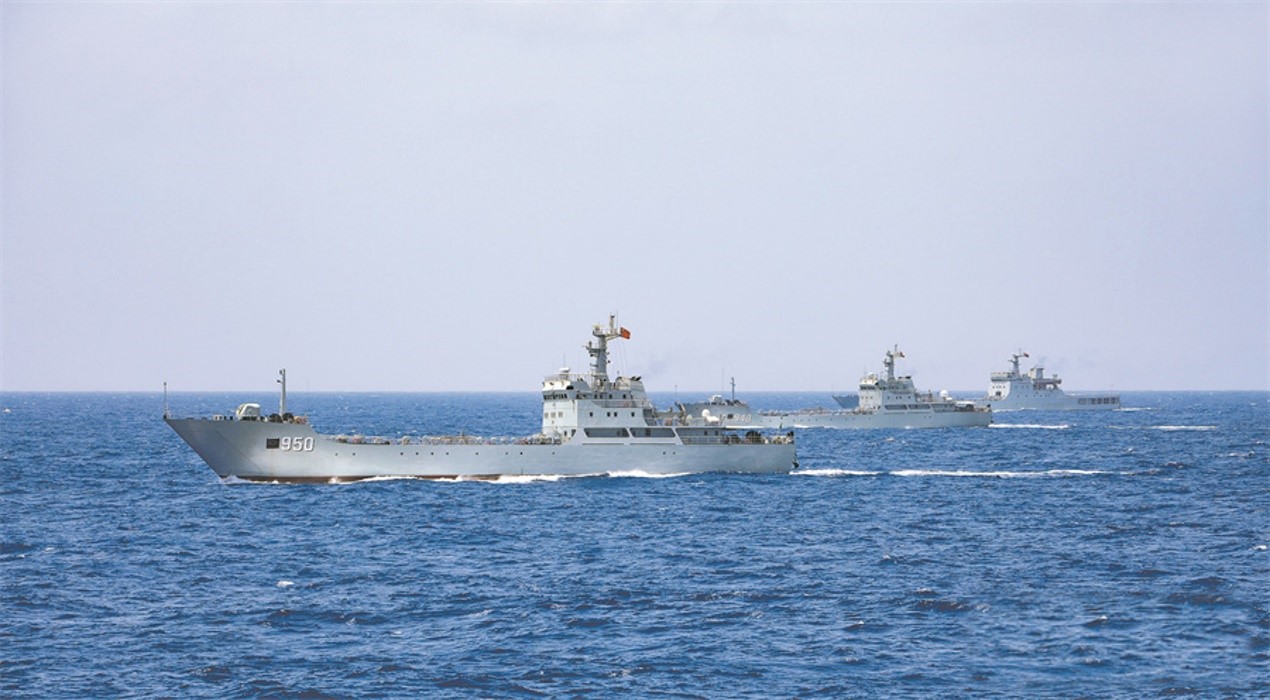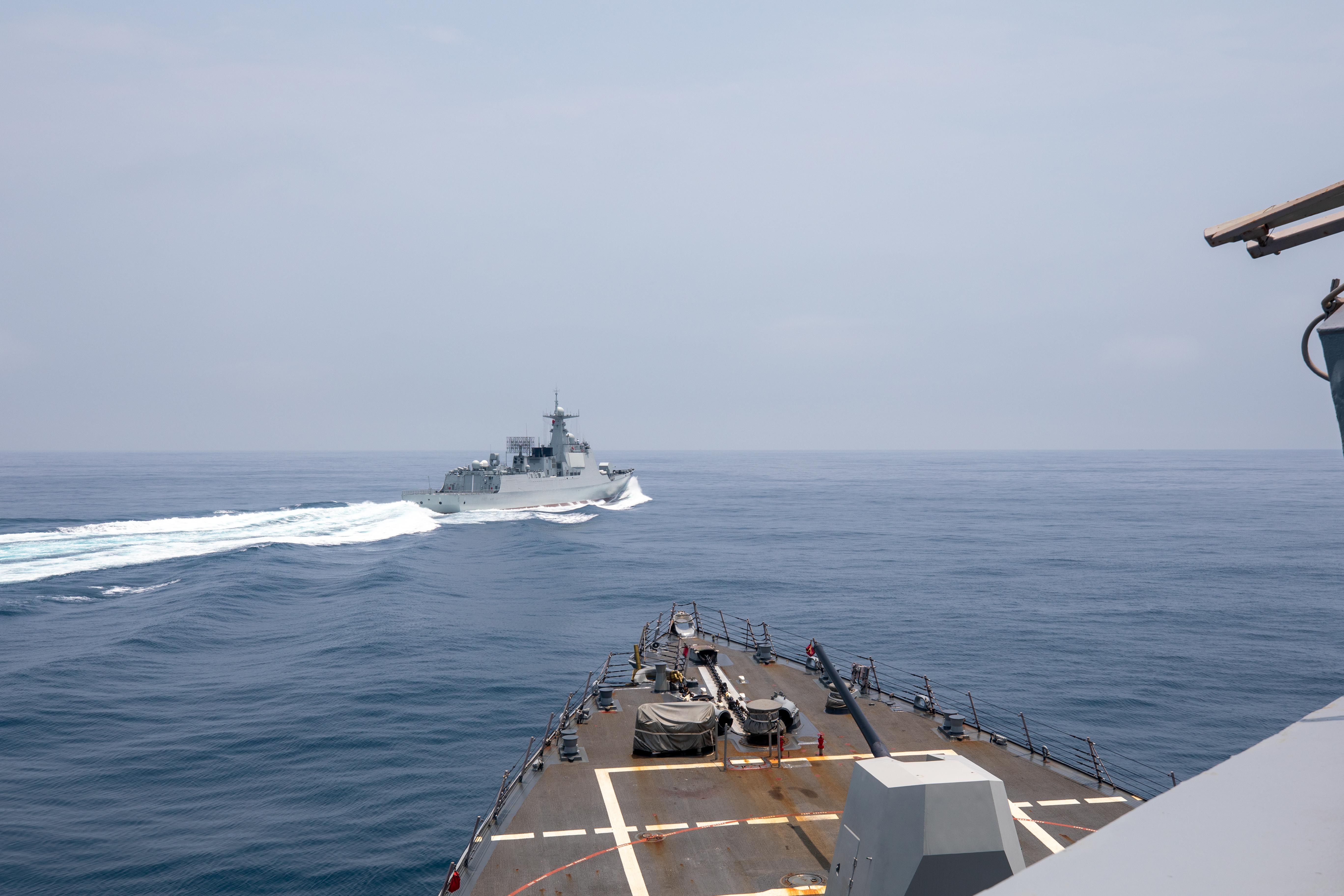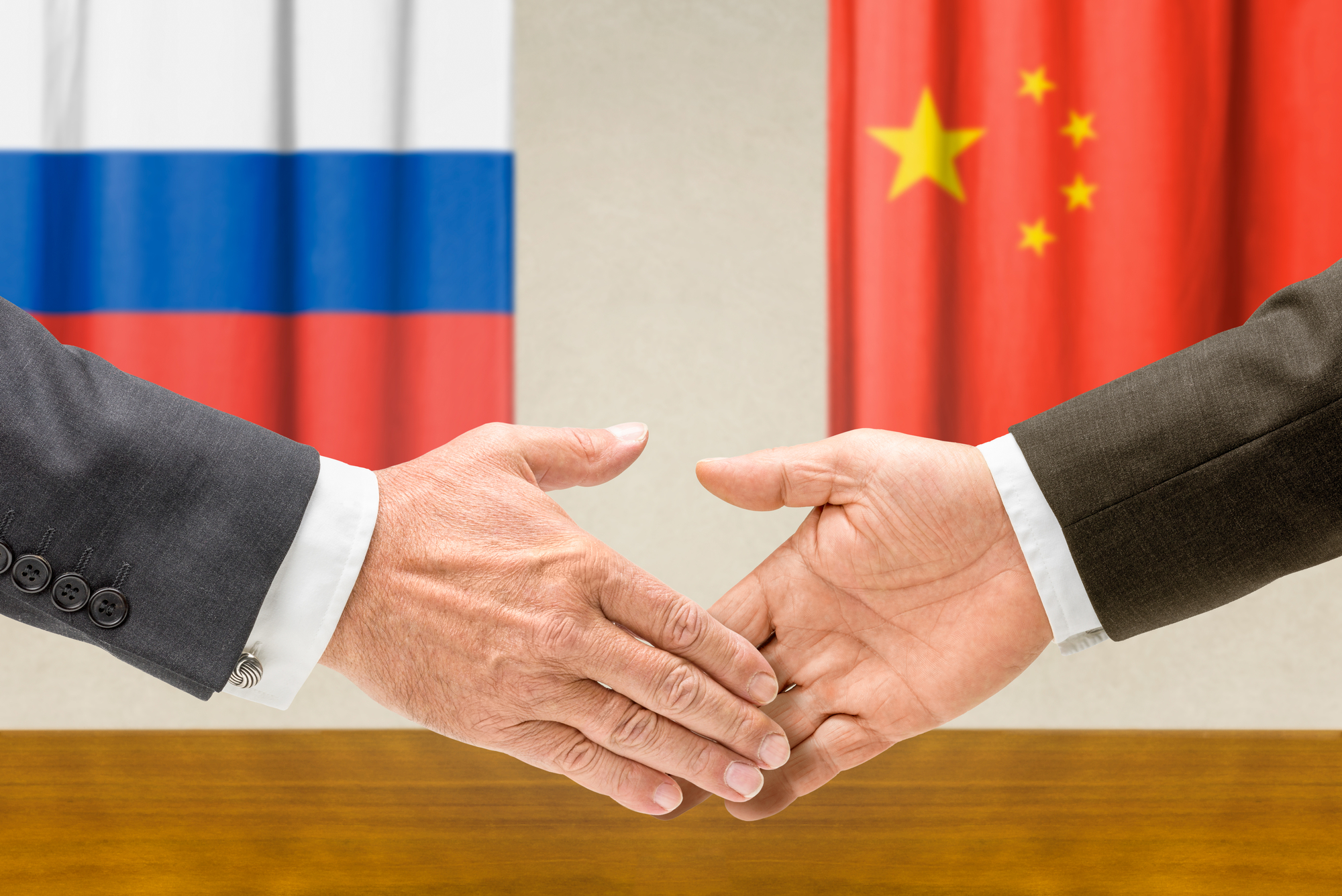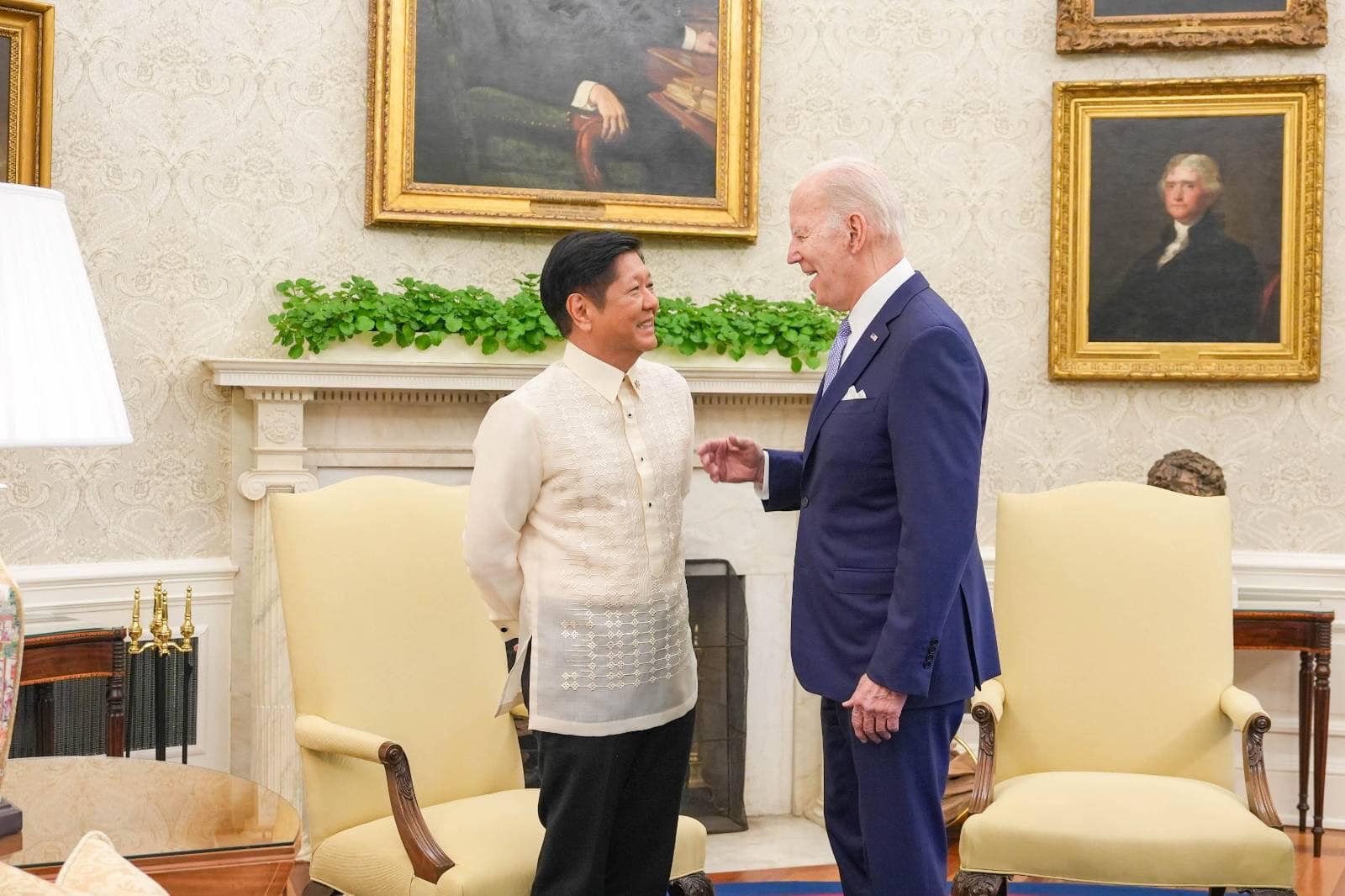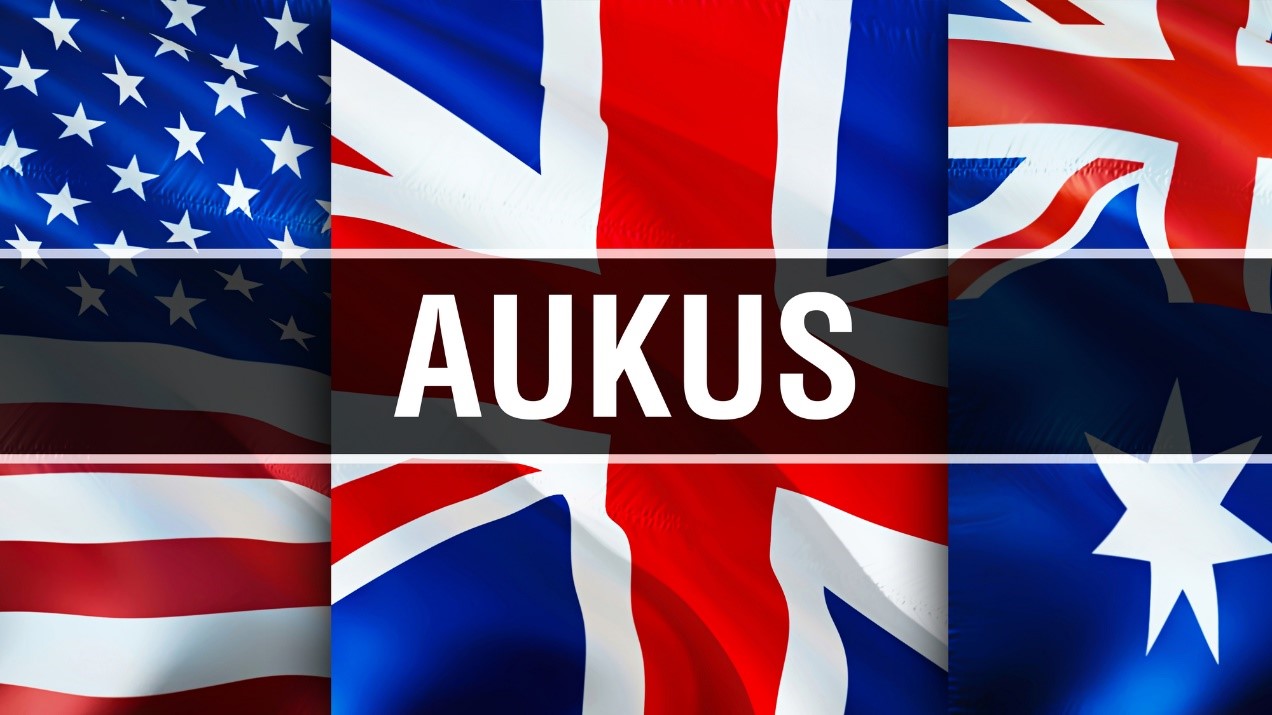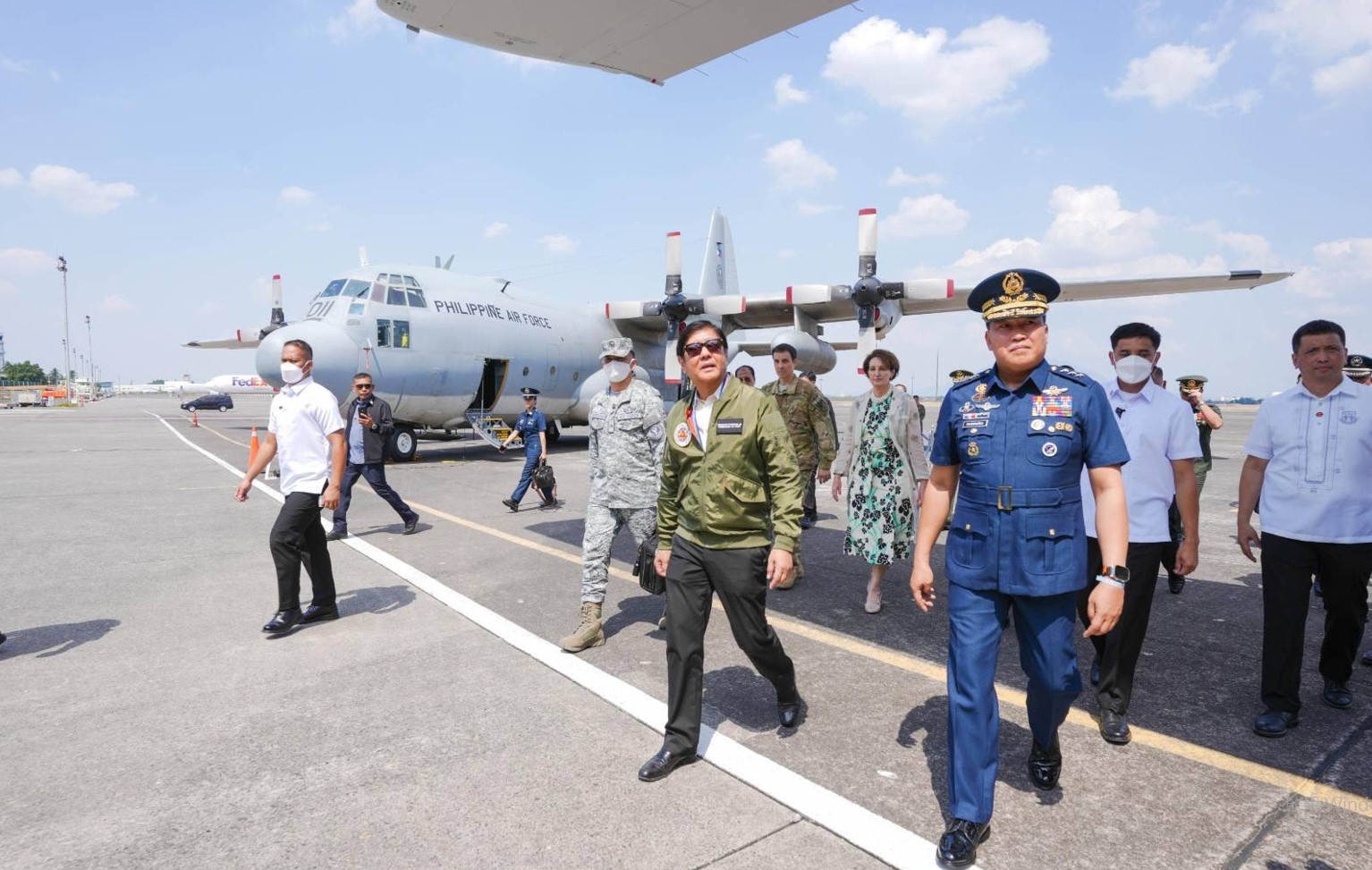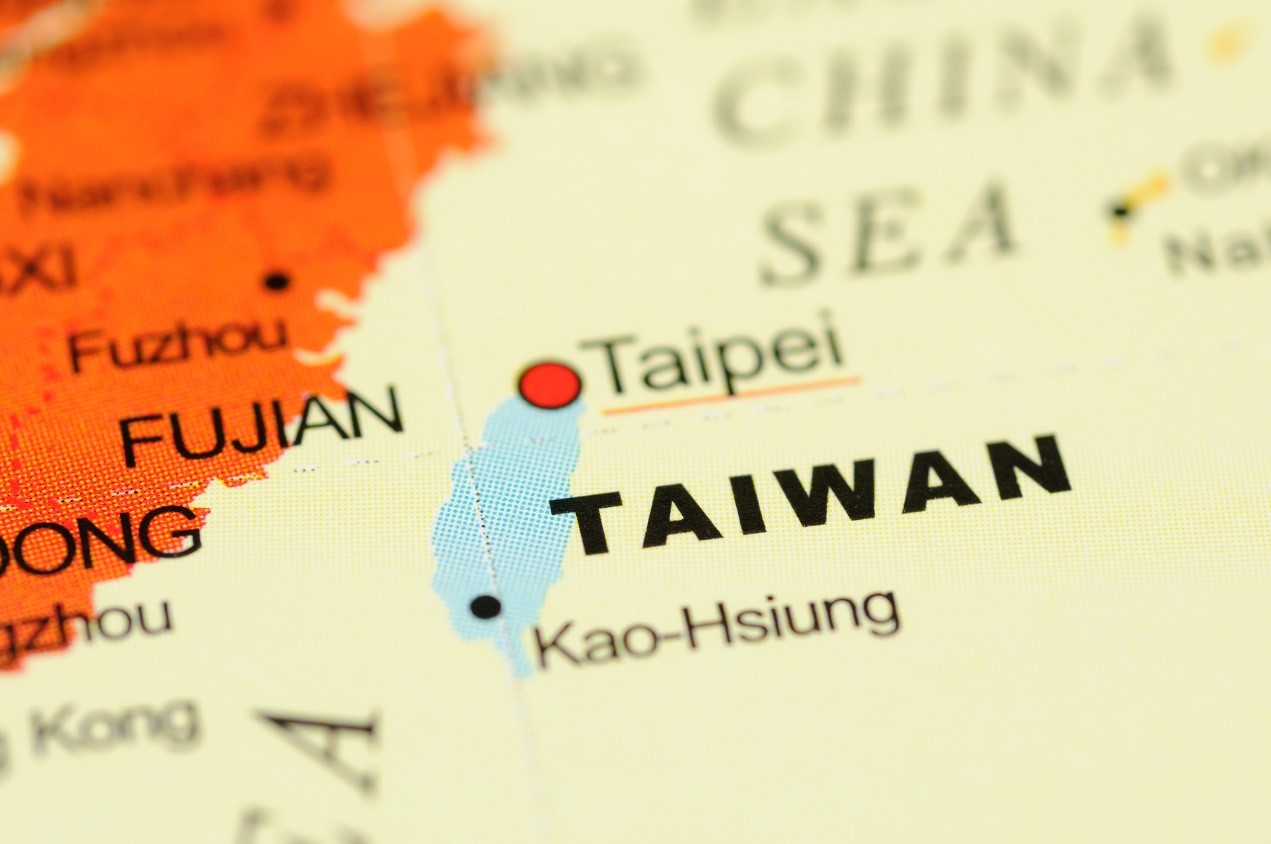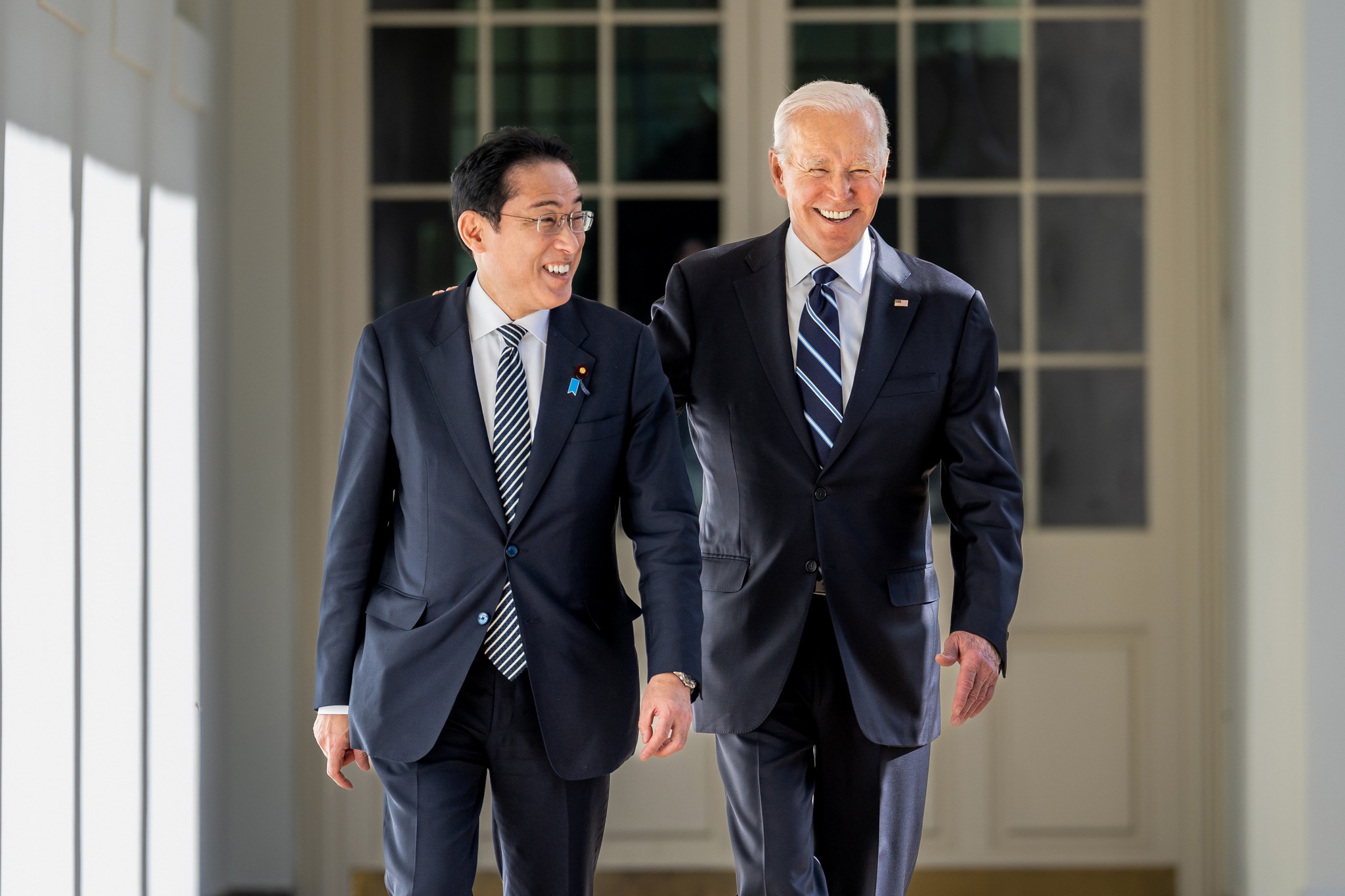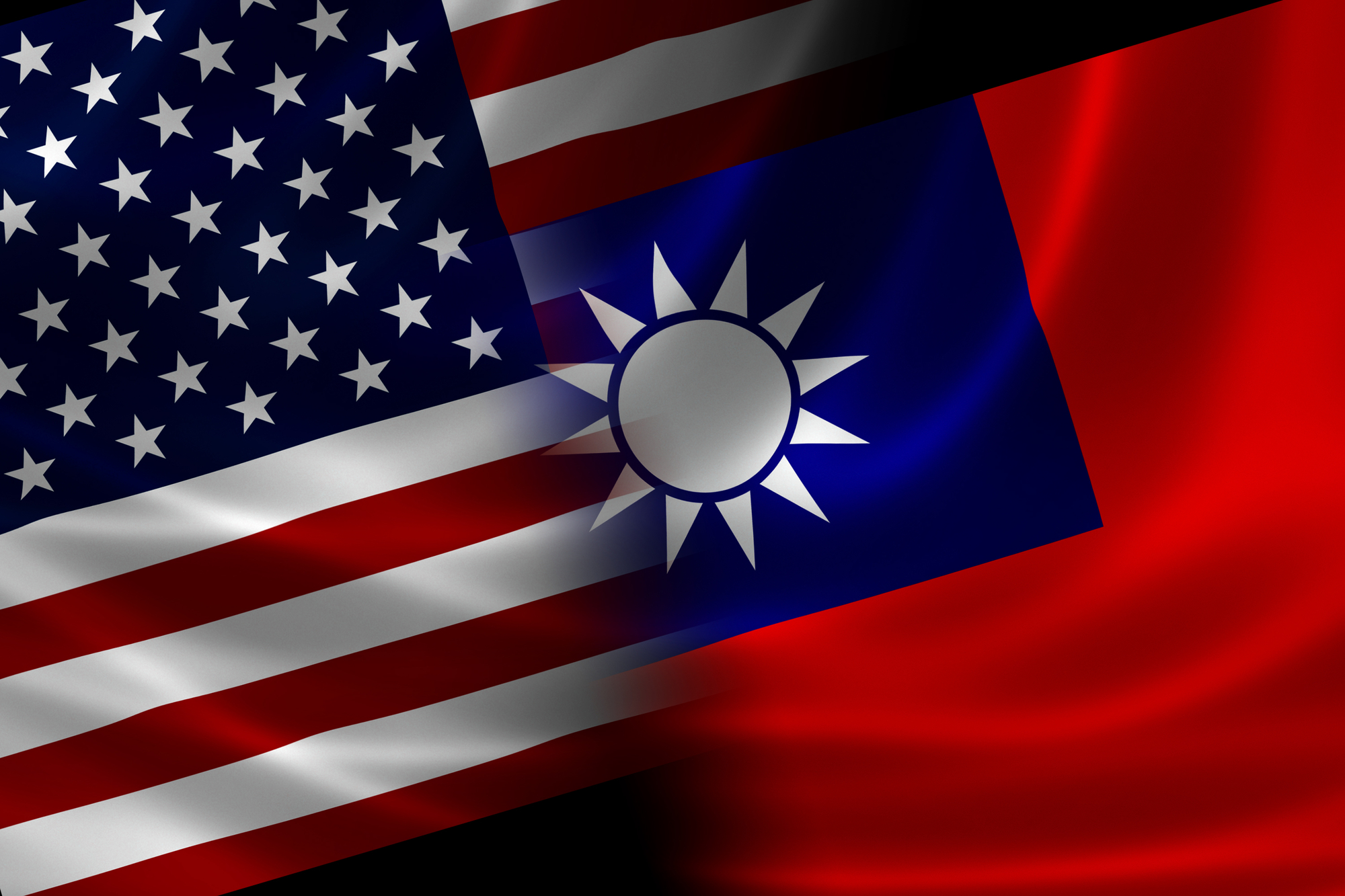The Taiwan Policy Act Ends Washington’s Policy of Strategic Ambiguity on Defending Taiwan
The United States Congress, once again, has demonstrated the U.S.’ strong bipartisan support for the democratic security and de facto independence of Taiwan.
Picture source: Depositphotos.
The Taiwan Policy Act Ends Washington’s Policy of Strategic Ambiguity on Defending Taiwan
Prospects & Perspectives No. 58 October 17, 2022
By Joseph Bosco
The United States Congress, once again, has demonstrated the U.S.’ strong bipartisan support for the democratic security and de facto independence of Taiwan. In early October, the Senate Foreign Relations Committee reported out the Taiwan Policy Act of 2022 (TPA), whose stated purpose is to “promote the security of Taiwan, ensure regional stability, and deter People’s Republic of China (PRC) aggression against Taiwan.”
The legislation reflects the will of the American people and the strong bonds of affection and mutual admiration between the two countries. It follows in the tradition of other Congresses over the past 43 years — whether successive presidencies have been relatively cool to Taiwan’s aspirations (the Carter, Bush I, Clinton, Bush II administrations) or strongly supportive (the Trump and Biden administrations).
The legislation first attends to some symbolic but strategic housekeeping in U.S.-Taiwan relations. To regularize and normalize interactions as much as possible in the unofficial relationship, it requires the U.S. government to engage “the democratic government of Taiwan as the legitimate representative of the people of Taiwan.”
Consistent with that full measure of government-to-government respect, the Act “Prohibits restrictions on federal government official interactions with counterparts in the Government of Taiwan.” It directs the State Department “to rescind administrative guidance that inhibits Taiwanese officials from displaying symbols of Taiwanese sovereignty, including the flag of the Republic of China.”
In proposing these changes, the TPA cautions that they are “[n]ot to be construed as entailing restoration of diplomatic relations with Taiwan or altering the U.S. position on Taiwan’s international status.” Chinese Communist authorities, however, known for paranoia in even the most innocuous circumstances, will disagree. They will surely view the Act as a major step in the “wrong” direction — that is, away from their cramped view of their “one China principle” that falsely claims the Kissinger-drafted Shanghai Communique explicitly declared Taiwan is part of China.
Beijing needs to be reminded of what an earlier Congress said on that subject in binding U.S. legislation. Shortly after Carter followed the Nixon-Kissinger lead and transferred diplomatic recognition from Taipei to Beijing, Congress overwhelmingly passed the Taiwan Relations Act of 1979.
One of its stated purposes was “to make clear that the United States decision to establish diplomatic relations with the People's Republic of China rests upon the expectation that the future of Taiwan will be determined by peaceful means.”
That condition and expectation of the U.S. side has been egregiously violated by Beijing on multiple occasions over the past four decades. Its 2005 Anti-Secession Law [ASL] arrogates to China the prerogative to seize Taiwan “by non-peaceful means.”
Both before and since the ASL, the Chinese government has reinforced that intention with ever-expanding demonstrations of military force, including a massive set of naval, live-fire, and missile exercises that created the Fourth Taiwan Strait Crisis after House Speaker Nancy Pelosi visited Taiwan in August.
Responding to Beijing’s rising threats, Title II of the TPA focuses on Taiwan’s security through “Implementation of an enhanced defense partnership between the United States and Taiwan.” It proposes to amend the seminal TRA “by expanding the provision of arms to Taiwan from being in a ‘defensive manner’ to ‘arms conducive to deterring acts of aggression by the People’s Liberation Army.’”
This is a Congressional policy response to the propensity of many in the Biden administration and the foreign policy establishment to advocate a “porcupine strategy” for Taiwan’s defense. That thinking invites Taiwan to fight on the beaches and in the streets to make the island-nation indigestible to an invading Chinese force, rather than taking the battle to the attackers sooner, farther away from Taiwan and closer to China itself.
The porcupine strategy has the advantage of enabling Washington technically to meet its TRA obligation “to provide articles of self-defense” simply with low-tech, cheaper weapons like mines, beach barriers, and personal arms — “many small things” — rather than more sophisticated defense systems like advanced fighter aircraft and longer-range missiles.
The shorter-distance, closer-to-home defense also fits with Biden’s desire to inhibit the temptation of more assertive officials in a security partner’s defense establishment — whether in Ukraine or Taiwan — to strike the invader’s own territory. Yet, the fear of “provoking” the enemy with a vigorous, timelier response inevitably lowers the direct cost of aggression and reduces deterrence — which was almost certainly a motivating factor for Congress to propose a different strategy.
True, the grinding war in Ukraine, while taking a terrible toll on the people and cities of Ukraine, has also weakened Russia’s overall capacity for further similar aggression. But that example will not deter Xi Jinping, who has a lot more Chinese bodies available to expend, from mounting an attack against a Taiwan porcupine defense. The Chinese Communist Party’s disregard for the cost in human lives was well-demonstrated during the Korean War when it sacrificed a million Chinese in a failed effort to help North Korea conquer South Korea.
Given Beijing’s stated intention and demonstrated capacity to attack Taiwan, the TPA confronts and corrects the dangerous situation caused by Washington’s prolonged policy of strategic ambiguity on defending Taiwan — declared as, “It would depend on the circumstances.”
The 1979 TRA tried to recover a semblance of Taiwan security after Carter canceled the 1954 Mutual Defense Treaty. Beyond sending defensive arms for Taiwan to fend for itself, TRA required the U.S. to “maintain the capacity” to defend Taiwan against Chinese Communist aggression — but it did not obligate America to implement that “capacity.”
The 2022 TPA mandates that Washington now show its serious intent to defend Taiwan through a series of specific, discernible actions such as joint planning, military assessments, and periodic reporting. It also provides US$4.5 billion for enhancement of Taiwan’s military capabilities and requires the Secretaries of State and Defense “to report and brief on a definition of `asymmetric capabilities’” — which relates again to the apparent preference of some U.S. officials for the low-level, non-“provocative” porcupine approach.
The Act directs the U.S. defense secretary to “establish a comprehensive training program with Taiwan that improves Taiwan’s defense capabilities and increases armed forces interoperability.” American and Taiwanese military personnel working and training side-by-side would be a significant morale-booster and would likely contribute greatly to meeting Taiwan’s recruitment needs.
In addition to enhancing Taiwan’s military capabilities, the provision would open the way for combined U.S.-Taiwan naval and air exercises for humanitarian assistance and disaster relief exercises that would take advantage of Taiwan’s deep experience as both a victim of natural disasters and a provider of aid to others.
TPA would require designation of Taiwan as “a major non-NATO ally and provide Taiwan preferences for foreign assistance and arms exports.”
It also recognizes that the security threat from China is multi-dimensional, encompassing not only direct military means but also diplomatic, economic, cyber, and informational means requiring an all-of-government approach from both the United States and Taiwan and “a coordinated partnership” to meet the “many-faceted challenge.”
The Act contains an entire section advocating Taiwan’s participation in international organizations. Like all TPA’s provisions. It will incur Beijing’s indignation. But, given China’s violation of the peaceful premise of Washington’s switch of diplomatic recognition, the Biden administration has moral and diplomatic leverage to express full support for TPA.
(Joseph Bosco is on the advisory board of the Global Taiwan Institute.)


